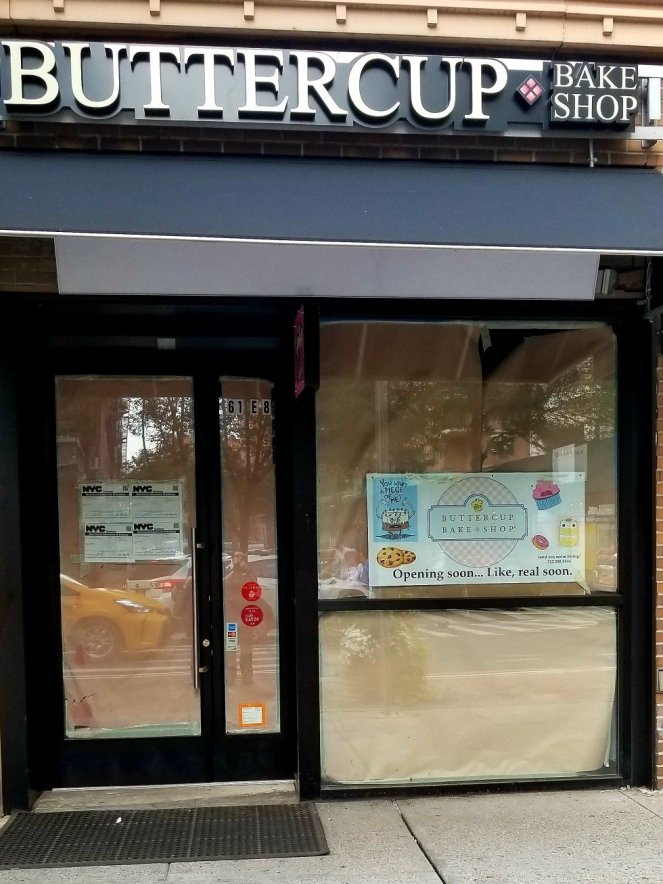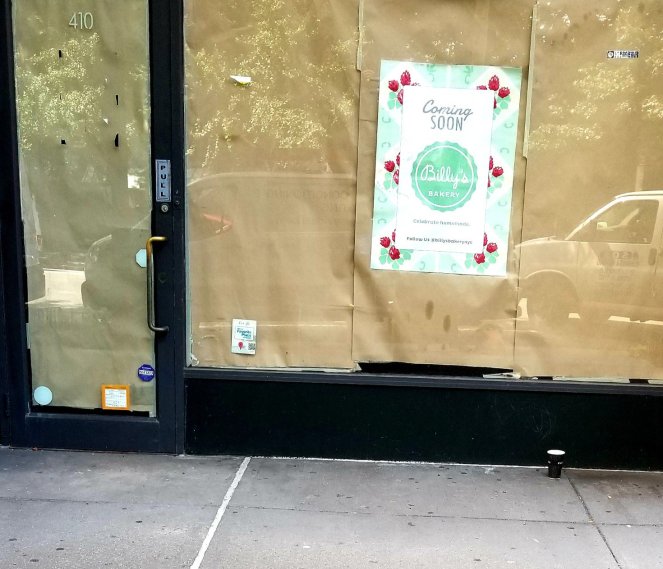Something is happening. Cupcakes are resurging.
The knee-jerk perception is that cupcakes are old news. Economic data and Main Street reality paint another picture.
It’s not just the heartland that’s seeing cupcake activity. Right now in New York City, bakeries that were the cupcake darlings of the 2000s are opening new stores in 2018. Consumer demand is arising.
The most consequential news comes from Magnolia Bakery. After appearing in “Sex and the City” in 2000, the Magnolia cupcake became an aspirational pop-culture icon representing the glamorous confidence of the modern woman.
In time, Magnolia’s customers became mostly tourists, as many locals were drawn to newer and shinier objects. City residents still patronized the bakery, but its novelty faded.
Trendsetters found other ways to make fashion statements. Among the chattering classes, cupcakes were archived.
Behind the scenes, a sleeping giant was incubating a resurgence. When the moment arose, Magnolia released shock waves with its seismic announcement of large-scale expansion.
Most of the food media, who made a sport of denigrating cupcakes, were forced to realize “Cupcakes Were Never Over, Apparently.”
The bakeries knew this all along. While food writers authored premature obituaries of cupcakes, some of the largest corporate chains were running numbers and seeing energetic — even record — demand. Consider Smallcakes, a Kansas-based chain with 200 stores, which reported record sales in 2016.
While it may be easy to dismiss this as flyover-state growth, it’s not the case.
Earlier this year, Magnolia opened in Boston to long lines of enthusiastic consumers. It is opening in the Washington, D.C., train station this fall.
Magnolia isn’t the only one in growth mode. Several of its contemporaries — first-wave Manhattan bakeries that opened and prospered during cupcakes’ heyday — are opening new stores this year. These OGs are savvy businesses that have held their ground over time. Their decisions are presumably based on market research that signals unmet demand.
The original Magnolia owners split and one opened Buttercup Bake Shop in 1999. Buttercup is opening a fourth store “like, real soon,” this one in Greenwich Village.


A former Magnolia employee opened Billy’s Bakery in 2003. Its forthcoming Upper West Side location will be its fourth.

Wildly popular Baked by Melissa opened its 14th location in the spring.
Indeed, the cupcake industry is bullishly under construction.

Cupcake Café is an exceptional story for a number of reasons. It opened in 1988, predating Magnolia by eight years.
This was its original storefront:
It closed its retail shop in 2016, only to reopen a tiny space in Hell’s Kitchen in late 2017.
The unmarked storefront now:

Sometimes there are cupcakes in the case and sometimes not.

What’s happening here? Cupcakes are arising in the oldest and most competitive market within this modern cupcake moment. Why? “The psychology of cupcakes” is impervious to trends.
In simpler terms, Sugar Sweet Sunshine theorizes:

And here are its customers practicing the theory:

And so concludes my summer 2018 Cupcakes and Blue Sky field research in New York.
September update: Don’t look now, but Sugar Sweet Sunshine is opening a second store.